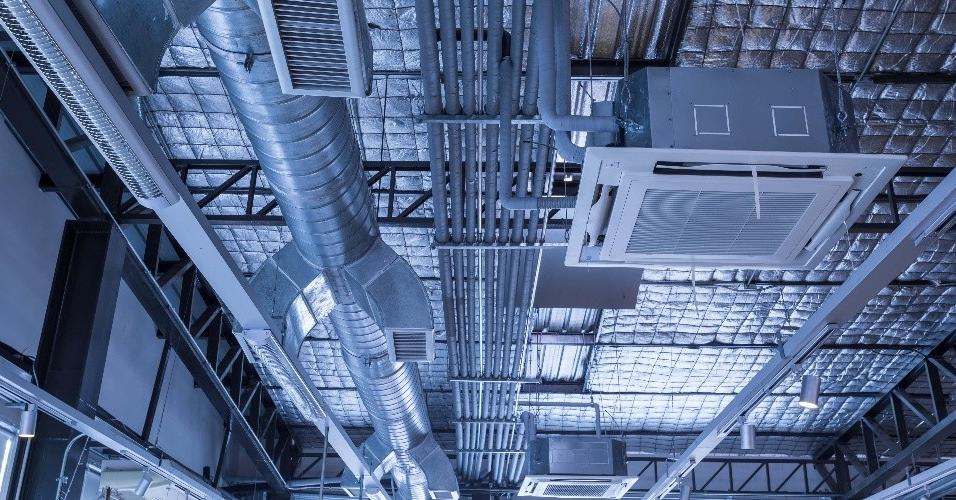In the vibrant city of Peoria, AZ, where the desert climate can be both scorching and chilly, the role of HVAC (Heating, Ventilation, and Air Conditioning) systems is pivotal in ensuring indoor comfort. However, this convenience comes at a cost, as HVAC systems significantly impact energy consumption. This article delves into the intricacies of this relationship and explores ways to mitigate the environmental footprint without compromising comfort.
Understanding the Significance of HVAC Systems
HVAC systems play a crucial role in maintaining comfortable indoor temperatures throughout the year in Peoria. The hot summers and cooler winters necessitate the use of these systems to create a livable environment. However, this convenience is not without consequences, particularly concerning energy consumption.
1. Cooling Demand in Peoria’s Summers
Peoria’s sweltering summers lead to a high demand for air conditioning. Traditional air conditioning units consume substantial energy, especially during peak temperatures. As residents strive for a cool haven indoors, the strain on the electrical grid intensifies.
2. Heating Requirements in Cooler Months
While Peoria enjoys predominantly warm weather, the winter months can bring chilly temperatures. Heating systems, although used less frequently, still contribute to overall energy consumption. Gas furnaces and electric heaters draw on resources to provide warmth during these cooler periods.
3. Energy Efficiency Disparities
The energy efficiency of HVAC systems plays a crucial role in determining their impact on energy consumption. Older, outdated systems often operate at lower efficiency levels, leading to more significant energy demands. In contrast, modern, energy-efficient units boast advanced technologies designed to optimize performance while minimizing energy usage.
Mitigating the Impact: Energy-Efficient Practices
While HVAC systems are essential for maintaining comfort in Peoria, adopting energy-efficient practices can help reduce their impact on energy consumption:
1. Regular Maintenance
Scheduled maintenance ensures that HVAC systems operate at peak efficiency. This includes cleaning or replacing air filters, inspecting ductwork, and addressing any issues promptly. Well-maintained systems are more energy-efficient, contributing to lower energy bills.
2. Smart Thermostats
Smart thermostats empower Peoria residents to manage their HVAC systems more efficiently. With features like programmable schedules and remote access, homeowners can optimize energy usage based on their daily routines, reducing unnecessary consumption.
3. Zoning Systems
Zoning systems divide homes into different temperature zones, allowing residents to control heating and cooling in specific areas. This targeted approach minimizes energy waste in unoccupied spaces, enhancing overall efficiency.
4. Insulation and Sealing
Proper insulation and sealing of homes play a crucial role in reducing the workload on HVAC systems. Well-insulated homes retain temperature better, requiring less energy for both heating and cooling.
In Peoria, AZ, the impact of HVAC systems on energy consumption is a dynamic interplay between comfort needs and environmental considerations. While these systems are essential for surviving the extremes of the desert climate, adopting energy-efficient practices can help strike a balance. By embracing modern technologies, regular maintenance, and mindful energy consumption habits, residents can enjoy the comfort of their homes while contributing to a more sustainable and energy-conscious community in Peoria.
